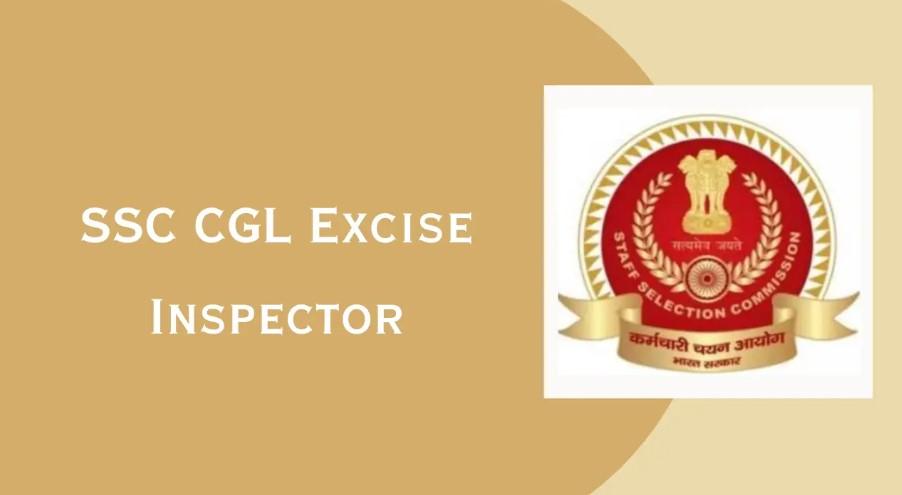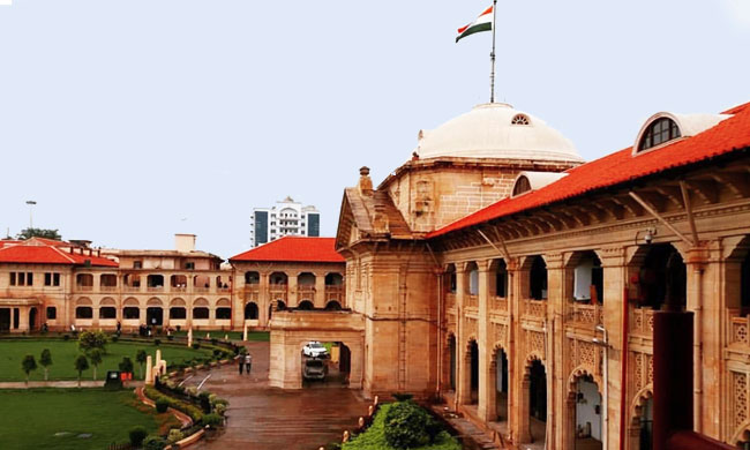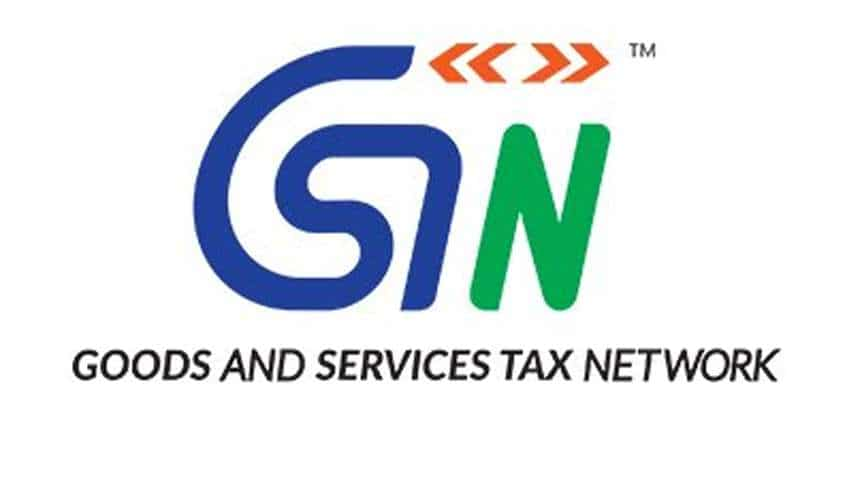FinMin working for a reasonable GST rate on What should be Reasonable RNR under GST in India
A day after Cabinet approved incorporation of changes in the landmark GST Bill as suggested a Rajya Sabha Select panel, Finance Ministry today said it is working closely on a “reasonable” GST rate.
“Working closely on GST rates. Reasonable rates are key to its success. Passage of Bill in Parliament to take us to next activities,” Revenue Secretary Shaktikanta Das said in a tweet.
The Union Cabinet last night approved amendments to the GST bill to compensate states for revenue loss for five years on introduction of the uniform nationwide indirect tax regime, as has been suggested by Rajya Sabha Select Committee.
The GST Constitution Amendment Bill would now be taken up for discussion in the Rajya Sabha, where the ruling NDA does not enjoy a majority, for passage in the ongoing session of Parliament.
The Government proposes to roll out the new indirect tax regime on April 1, 2016.
After the bill is passed, the Centre will prepare GST laws and a GST Council would be set up to decide on the rates as well as to decide on exemptions and thresholds.
The Rajya Sabha Select Committee has suggested that the Goods and Services Tax (GST) rate should not go beyond 20 per cent as higher rates could fuel inflation and erode the confidence of consumers.
Internationally, the GST rate ranges from 16-20 per cent.
However, there are some exceptions like Japan, Australia and Germany, where the rates are 8 per cent, 10 per cent and 23 per cent, respectively.
KPMG Partner Pratik Jain said: “One would hope that now opposition would support the Bill in the larger interest of the country to get it passed in the current session of Parliament so that April 1, 2016 deadline can be met. It would send a strong signal to the businesses that government is serious about this transformational change”.
A sub-committee of Empowered Committee of State Finance Ministers on GST had earlier suggested 27 per cent RNR. But the rate is being reworked by the sub-committee in view of taxation of petroleum products as also the 1 per cent additional tax which states can levy as part of the GST roll out.
While liquor has been completely kept out of the GST, petroleum products like petrol and diesel will be part of the new regime from a date to be decided by the GST Council, which will have two-thirds of its members from states.
PTI
Related Tags GST














